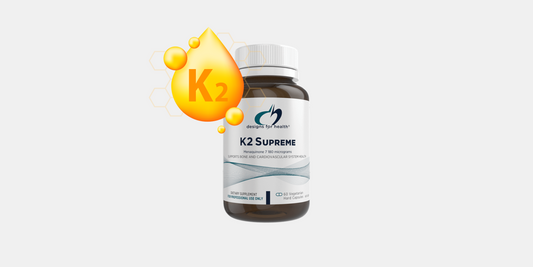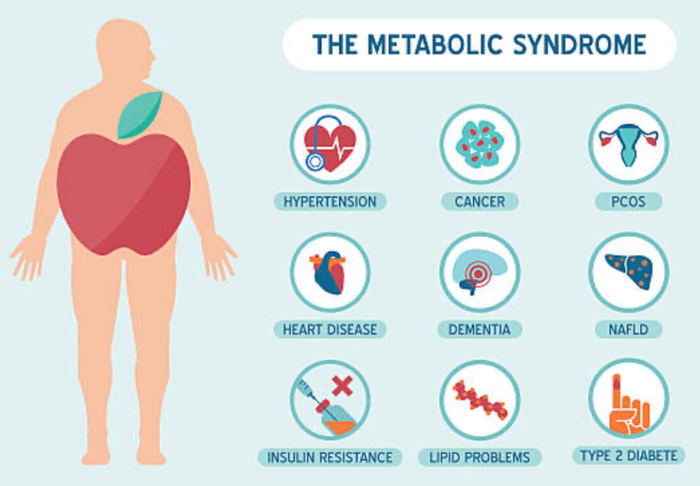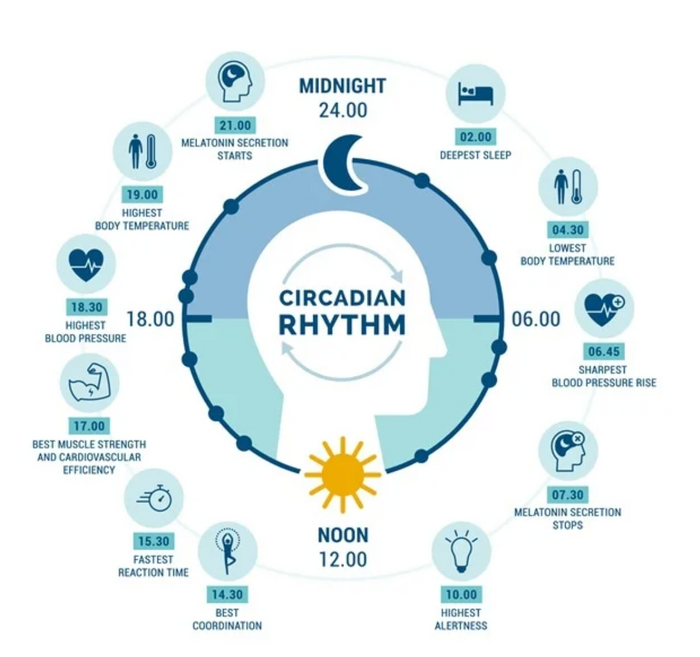Vitamin K2 plays a pivotal role in many bodily processes, including bone health, heart health and your immune system. A deficiency is not uncommon, however the symptoms are often difficult to identify.
Vitamin K2 is involved in transporting calcium to bones and teeth, helping to protect us against breaks and fractures. It’s also involved in blood clotting and encouraging the decalcification of your blood vessels, which can accumulate plaque due to lifestyle factors such as smoking or poor diet.
As a fat-soluble vitamin, Vitamin K2 is best absorbed along with fats in the diet and can be stored in our adipose (fat) tissue. As it can’t be stored for a prolonged period of time, a Vitamin K2 deficiency is more common than any of the other fat-solubles (A, D and E), particularly if your diet is insufficient and/or you’re not taking a K2 supplement.
In a recent study, a shocking 97% of participants were insufficient or deficient in K2. We eat far less in our diet than we did decades ago, such as liver and organ meats. Plus, the increase in restrictive meat-free diets has depleted dietary K2 even further. Other sources of K2 include fermented foods, such as sauerkraut and kimchi, so Asian populations have less instance of deficiency. There is also some K2 found in butter, beef, egg yolks, chicken and hard cheeses.
Some signs of a K2 deficiency include bruising easily, bleeding too much if you cut yourself, blood clots beneath your nails, passing dark stools (containing blood), and/or weak bones or teeth. There is evidence that anxiety and depression may be exacerbated by a Vitamin K2 deficiency.
K2 works with Vitamin D3 in transporting calcium to ensure adequate supply to bones and teeth. Not only does this protect bone density, it can also help to heal fractures and protect against calcification (plaque) in our blood vessels, which can lead to heart attack or stroke. Calcium is also a mineral that plays a key role in our immune system, and K2 and D3 are required for absorption and maintenance of desired calcium levels. For this reason, a K2 deficiency may result in recurring illness and low immunity.
Factors that exacerbate a K2 deficiency include antibiotic uses, a low-fat diet, statin drugs (cholesterol lowering), malabsorption issues, HRT, blood thinning medications and liver disease. Children and adults over 40 are most at risk of a deficiency, so unless you’re consuming fermented foods and organ meats on a regular basis, a supplement may be your best option.
If taking medication, please speak with your prescribing doctor before adding any supplements to your daily regime.




























